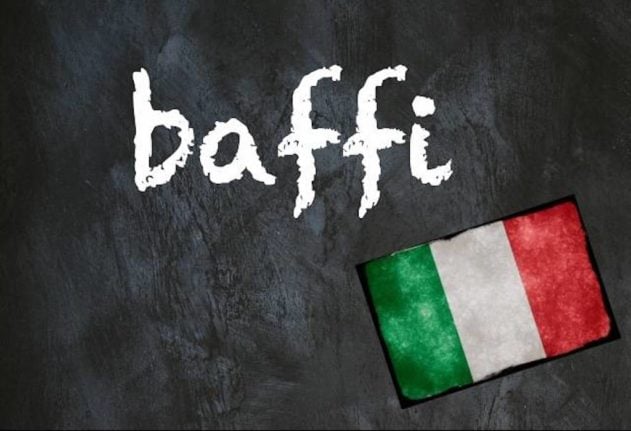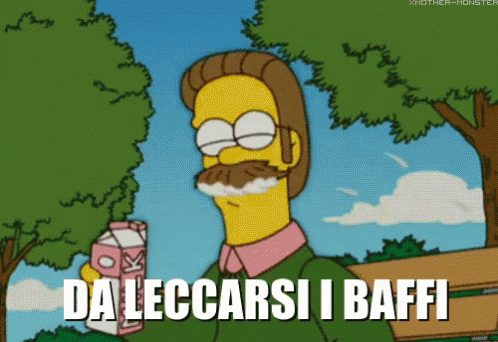You may not have heard of it, but entrarci is a very useful Italian word.
This word is made using the verb entrare (to enter) plus the reflexive pronoun ci and it literally means “to go in there”.
It’s pronounced ‘ent-rar-chee‘ with a slight stress on the second syllable (hear it here.)
You can use it literally:
– Mi ha detto che non devo entrarci
– He told me I don’t need to go in there.
But figuratively it can also mean “to get involved”, much as we might say in English: “you don’t want to go there”.
– non voglio entrarci in questa faccenda
– I don’t want to get involved in this business
The form c’entra means the same: being involved or dealing with someone or something. But it’s more useful in the negative: non c’entra
This means “that doesn’t come into it”, “that has nothing to do with it,” or perhaps, “this has nothing to do with you”.
In other words: “mind your own business”.
It’s also used as a question:
– Che c’entra?
– What’s that got to do with it?
or
– Che c’entri?
– what’s it to you?
It’s a thought many of us have had when dealing with gossiping neighbours or over-involved family members. Although whether you want to actually say it out loud to them or not is another question.
And if you disagree with something you simply counter with:
– c’entra!
– It does so!
Or personalise it as:
– c’entro!
– It certainly does concern me!
If you want to name the irrelevant thing, you can usually put the noun after c’entra. If the noun is plural, use c’entrano.
– È troppo caro.
– Che c’entrano I soldi? Pago io!
– It’s too expensive.
– Forget money. I’m paying!
Do you have an Italian word you’d like us to feature? If so, please email us with your suggestion.




 Please whitelist us to continue reading.
Please whitelist us to continue reading.
I was so confused with this construction. I visited many, many websites to try grasp the understanding of it. But I was still confused! Your explanation finally gave me the “aha” moment that I needed. Grazie mille!!!!